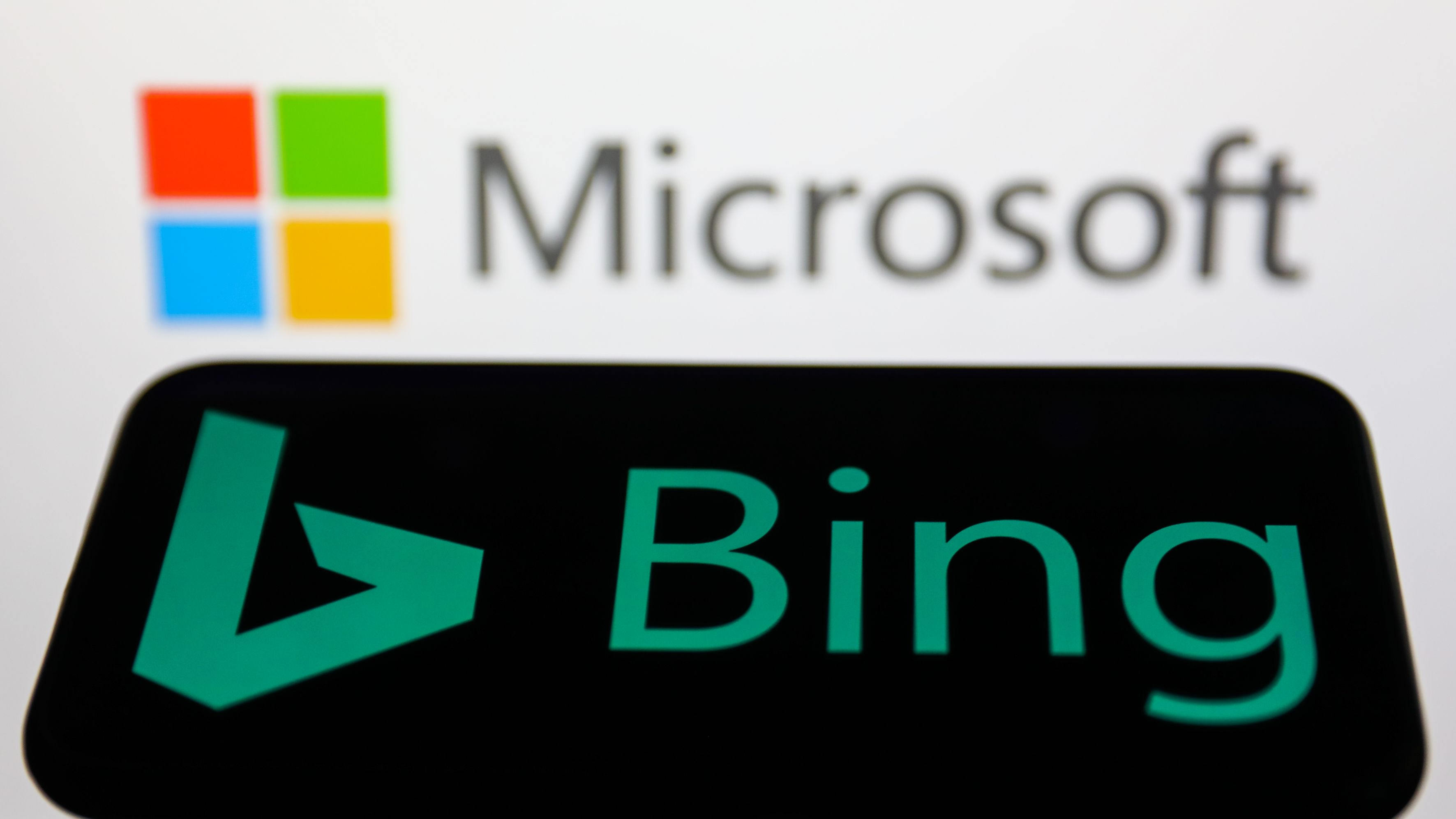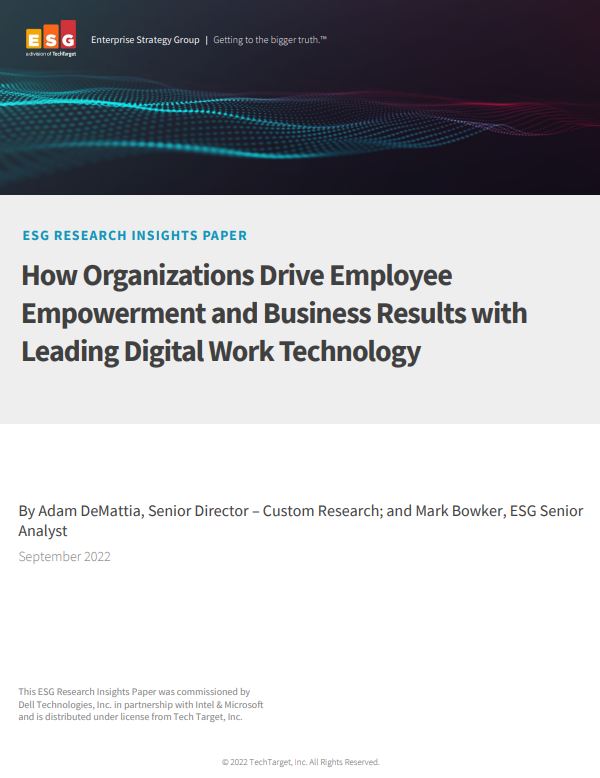Microsoft pins hopes on ChatGPT to supercharge Bing search engine
Microsoft hopes that ChatGPT could be a silver bullet for challenging Google's Search


Microsoft is preparing to launch a version of its Bing search engine which is augmented with ChatGPT as the tech giant seeks to capitalise on growing interest in the technology.
According to reports, the move is part of a push to attract more users from Google and deeply integrate ChatGPT within Bing's search function to improve results and user queries.
A person familiar with the matter, speaking to The Information, claimed that Microsoft has been assessing the potential use of OpenAI’s chatbot to support search functionality since its launch last year.
Within Microsoft's ranks, it's hoped that closer integration of the chatbot within Bing will provide users with a more “conversational” experience and offer additional insight or context for answers to search queries.
Microsoft could roll out the new features within the next couple of months, the source said. This initial realise would likely be limited to a small group of users and the integration could be “one of the only ways to access parts of GPT for free” in the long term.
Questions still remain over how easily the function could be integrated within Bing, however.
The Bing search engine currently relies on an older version of GPT to provide automatic search suggestions for users. GPT was integrated with Bing in the wake of Microsoft’s $1 billion investment in the California startup in 2019, and has been quietly supporting users since implementation.
Get the ITPro daily newsletter
Sign up today and you will receive a free copy of our Future Focus 2025 report - the leading guidance on AI, cybersecurity and other IT challenges as per 700+ senior executives
In recent months, Microsoft also announced plans to integrate Dall-E 2 into the Bing Image Creator feature as the company looks to continue fostering closer ties with OpenAI.
Search engine accuracy
While Microsoft hopes ChatGPT will provide more rich, detailed answers for Bing users, there are lingering questions over accuracy. And sources familiar with the plans said that the company is carefully considering the potential risks of using the chatbot in search queries.
In the wake of ChatGPT’s November launch, concerns were raised that the chatbot had a tendency to generate inaccurate or misleading information. The prompt page for the chatbot even warned users that it “may occasionally generate incorrect information”.
Similarly, last month OpenAI CEO Sam Altman warned that users should be wary of the chatbot due to the risk of inaccurate information.
Altman said it is a “mistake to be relying on it for anything important”.
Google’s ‘code red’
This question of accuracy has prompted Google to re-assess the use of conversational AI in its own search function.
RELATED RESOURCE

How organisations drive employee empowerment and business results with leading digital technology
What you can achieve with a leading approach to digital work
In December, the tech giant issued a ‘code red’ alert as the company scrambled to counter the potential threat posed by ChatGPT to its own search function.
The firm reportedly reassigned several internal departments to focus on developing and releasing new AI products to keep pace with the acceleration of generative AI systems rolled out in recent months.
Google has been exploring the use of similar technologies, such as its own LaMDA system, to support its search product.
However, Google executives warned in a December meeting that AI “can make stuff up” and could pose a serious reputational risk to the company.

Ross Kelly is ITPro's News & Analysis Editor, responsible for leading the brand's news output and in-depth reporting on the latest stories from across the business technology landscape. Ross was previously a Staff Writer, during which time he developed a keen interest in cyber security, business leadership, and emerging technologies.
He graduated from Edinburgh Napier University in 2016 with a BA (Hons) in Journalism, and joined ITPro in 2022 after four years working in technology conference research.
For news pitches, you can contact Ross at ross.kelly@futurenet.com, or on Twitter and LinkedIn.
-
 Bigger salaries, more burnout: Is the CISO role in crisis?
Bigger salaries, more burnout: Is the CISO role in crisis?In-depth CISOs are more stressed than ever before – but why is this and what can be done?
By Kate O'Flaherty Published
-
 Cheap cyber crime kits can be bought on the dark web for less than $25
Cheap cyber crime kits can be bought on the dark web for less than $25News Research from NordVPN shows phishing kits are now widely available on the dark web and via messaging apps like Telegram, and are often selling for less than $25.
By Emma Woollacott Published